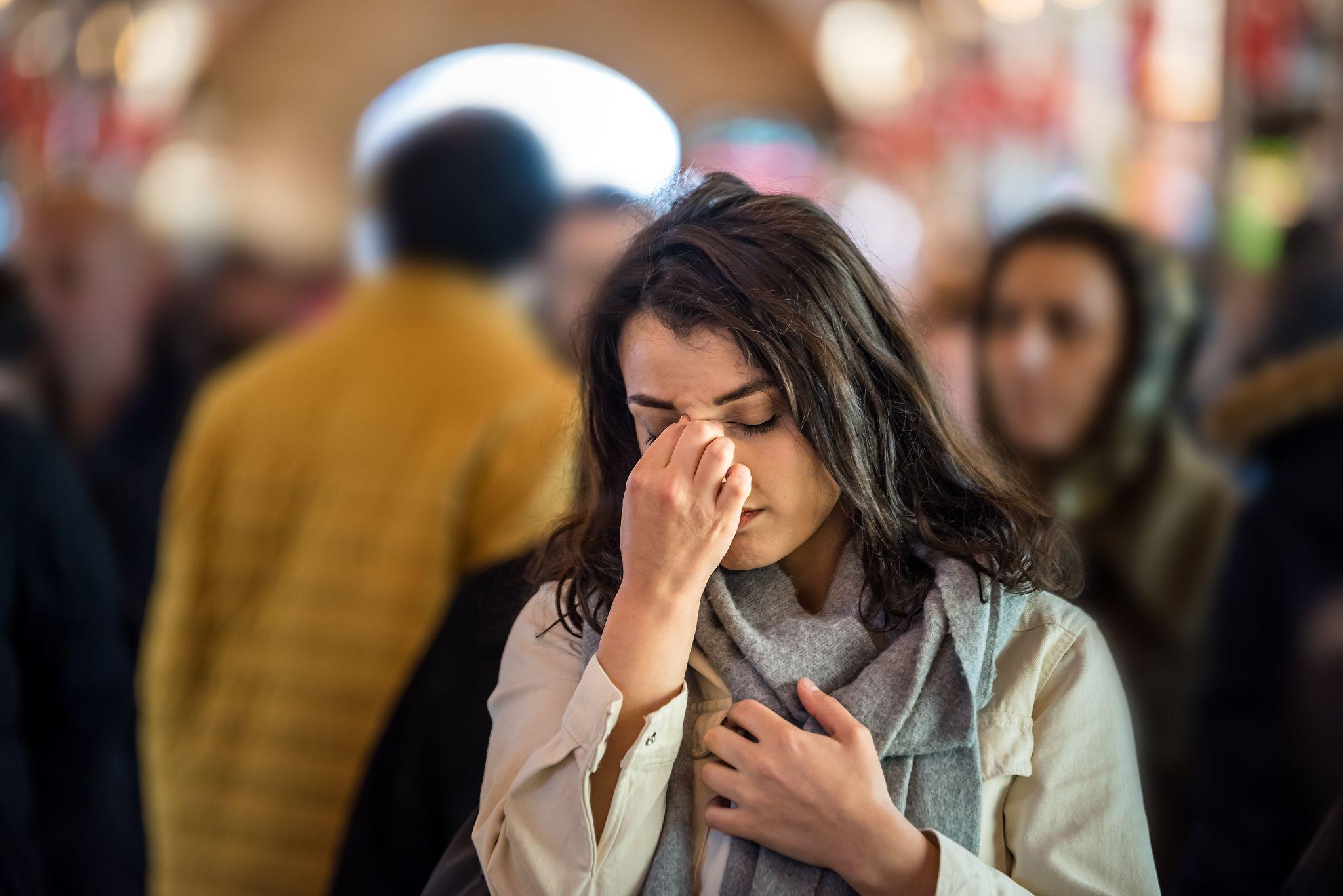Social anxiety disorder (SAD) and substance use disorder (SUD) are complex, often interconnected conditions that can significantly impact a person’s life. Social anxiety disorder is characterized by an intense fear of social situations, while substance use disorder involves the misuse of drugs or alcohol to cope with emotions or life stressors.
For many, social anxiety and substance abuse are closely linked, as individuals with social anxiety may turn to substances as a way to manage their fears.
Social Anxiety Disorder (SAD)
Social anxiety disorder is one of the most common mental health conditions, affecting millions of people worldwide. Individuals with SAD experience an overwhelming fear of being judged, humiliated, or rejected in social situations. This fear often leads to avoidance behaviors, as they seek to limit exposure to scenarios that provoke anxiety.
Key Characteristics of Social Anxiety Disorder
- Intense fear in social settings: This includes public speaking, meeting new people, or even eating in public.
- Physical symptoms: Sweating, trembling, rapid heart rate, or nausea are common.
- Avoidance behaviors: People with SAD may skip social gatherings or isolate themselves to avoid anxiety triggers.
Common Triggers of Social Anxiety
Triggers vary but often include situations where individuals feel they are the center of attention or may be evaluated by others. Even routine activities, like making a phone call or speaking up in a meeting, can feel insurmountable. These challenges can lead to feelings of isolation and frustration, and leave individuals searching for ways to cope.
Substance Use Disorder (SUD)
Substance use disorder encompasses a range of behaviors involving the misuse of drugs or alcohol, often leading to physical or psychological dependence. While the substances may differ, the patterns of addiction are similar, marked by an inability to stop despite negative consequences.
Common Substances Linked to Addiction
- Alcohol: Frequently used as a social lubricant, alcohol is commonly misused by those with social anxiety. The temporary relaxation alcohol provides can make social interactions seem easier, but it often leads to dependency.
- Cannabis: Known for its calming effects, cannabis is another substance people may misuse to reduce anxiety symptoms.
- Prescription Medications: Drugs like benzodiazepines are often prescribed for anxiety but carry a high risk of addiction when used improperly.
Effects of Substance Use
Substance use can provide short-term relief from social anxiety symptoms, but it often exacerbates underlying issues in the long run. Dependency develops when individuals rely on substances to navigate everyday challenges, creating a cycle that is difficult to break.
The Connection Between Social Anxiety and Substance Abuse
The link between social anxiety and substance abuse is well-documented. Many individuals with social anxiety turn to substances as a form of self-medication, using alcohol or drugs to mask their fears and boost their confidence in social settings.
Social Anxiety and Alcohol Addiction
Alcohol is one of the most commonly abused substances among those with social anxiety. Its ability to lower inhibitions and reduce anxiety can feel like a solution temporarily.
For instance, someone with social anxiety may have a few drinks before a party to feel more at ease. Over time, this behavior can escalate into alcohol addiction, as the person becomes reliant on alcohol to function socially.
The Cycle of Dependency
Using substances to cope with social anxiety creates a harmful cycle:
- Initial relief: The substance temporarily reduces anxiety, making social situations more manageable.
- Increased use: As tolerance builds, individuals consume more to achieve the same effects.
- Worsened anxiety: Substance use disrupts brain chemistry, often worsening anxiety when not under the influence.
- Dependency: The individual becomes trapped, needing substances not just for social situations but to manage daily life.
This cycle not only deepens the impact of social anxiety but also introduces the challenges of addiction, creating a dual diagnosis that requires comprehensive treatment.
Recognizing the Signs of Co-Occurring Disorders
Identifying the symptoms of both social anxiety and addiction is crucial for early intervention. Common signs include:
- Avoiding social situations unless substances are involved.
- Using alcohol or drugs as a “preparation” for social interactions.
- Experiencing withdrawal symptoms alongside heightened anxiety.
- Struggling with work, school, or relationships due to substance use or social fear.
Impact on Daily Life
Co-occurring social anxiety and substance abuse can severely disrupt a person’s life. Personal relationships often suffer as individuals withdraw or exhibit erratic behavior due to substance use. Professional life is also affected, leading to missed opportunities, poor performance, and job loss.
The constant interplay between anxiety and addiction creates significant emotional strain, leading to feelings of hopelessness and low self-esteem. Physically, substance abuse takes a toll on the body, contributing to health issues such as liver damage, sleep disturbances, or chronic fatigue.
Treatment and Recovery Options
Recovery from co-occurring social anxiety and addiction is possible with the right approach. Integrated treatment that addresses both conditions simultaneously offers the best outcomes.
- Cognitive Behavioral Therapy (CBT): This therapy helps individuals identify and challenge negative thought patterns while developing healthier coping mechanisms.
- Dual Diagnosis Treatment: This approach simultaneously addresses social anxiety and substance use disorders, ensuring comprehensive care for co-occurring conditions.
- Support Groups: Peer-led groups like Alcoholics Anonymous or anxiety-focused communities provide encouragement and shared experiences.
Preventive Measures and Coping Strategies
Prevention plays a vital role in breaking the link between social anxiety and substance abuse. Here are practical strategies for managing social anxiety without turning to substances:
- Practice mindfulness. Techniques like meditation or deep breathing can reduce anxiety and promote relaxation.
- Engage in gradual exposure. Slowly facing feared social situations in controlled settings builds confidence.
- Adopt a healthy lifestyle. Regular exercise, proper nutrition, and adequate sleep improve overall mental health.
- Develop alternative outlets. Journaling, art, or physical activity can channel anxiety into positive activities.
Find Solutions for Social Anxiety and Addiction With Lumina Recovery
Social anxiety and substance abuse often create a cycle that feels impossible to break.
At Lumina Recovery, our dual diagnosis programs address co-occurring social anxiety and substance abuse disorders, offering an integrated approach to healing. Additionally, our cognitive behavioral therapy (CBT) sessions help individuals develop healthier coping mechanisms, empowering them to manage social anxiety without relying on substances.
If you or a loved one is struggling with social anxiety and addiction, reach out today.



